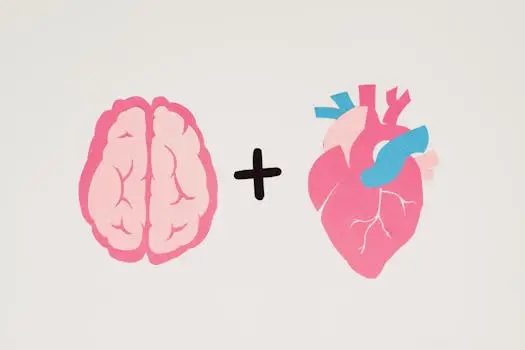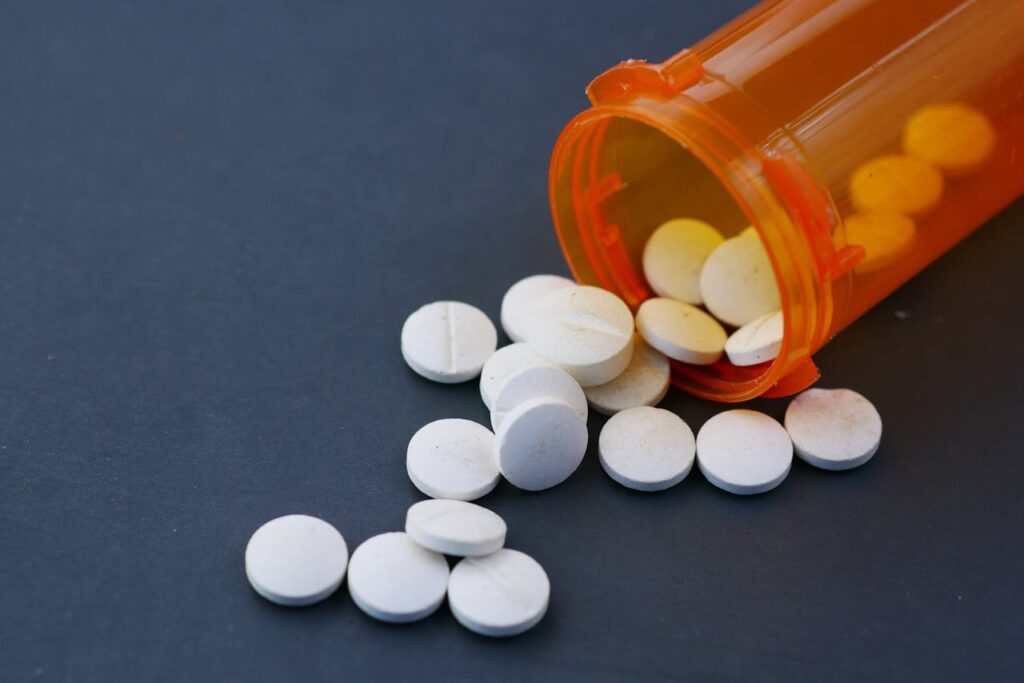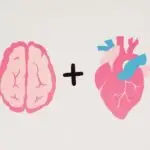Now Reading: Mood Food: How the Gut-Brain Connection Impacts Your Happiness
-
01
Mood Food: How the Gut-Brain Connection Impacts Your Happiness
Mood Food: How the Gut-Brain Connection Impacts Your Happiness

Unleash your inner optimist! Discover how the gut-brain connection impacts your mood. Learn to eat your way to a brighter, happier you. #GutHealth #MoodBoost

In 2025, we’re not just talking about eating for physical health anymore. We’re talking about *eating for happiness*. Forget the fleeting sugar rush; we’re diving deep into the Gut-Brain Connection: How Your Diet Impacts Your Mood. Recent studies indicate that upwards of 60% of all mental health challenges are directly linked to gut health. That’s right – your breakfast burrito might be dictating your disposition more than your daily affirmations. Buckle up; it’s time to understand how to feed your feelings, the right way.
[IMAGE: gut brain connection illustration]
The Microbial Mood Makers: Decoding the Gut’s Role
Think of your gut microbiome as a bustling metropolis of trillions of bacteria, fungi, and other microorganisms. This complex ecosystem is far more than just a digestive aid; it’s a key player in the production of neurotransmitters like serotonin (the happiness hormone), dopamine (the motivation molecule), and GABA (the calming compound). A 2024 study published in *The Journal of Integrative Psychiatry* demonstrated that individuals with diverse gut microbiomes reported significantly higher levels of life satisfaction and lower instances of anxiety.
But here’s the catch: not all gut bugs are created equal. An overabundance of ‘bad’ bacteria, often fueled by processed foods and sugar, can lead to inflammation, which in turn disrupts neurotransmitter production and throws your mood into a tailspin. It’s like a city overrun by vandals – chaos ensues.

The Inflammation Inferno: Gut Health’s Dark Side
Chronic inflammation, often stemming from a leaky gut (intestinal permeability), is a major mood disruptor. When the gut lining becomes compromised, undigested food particles and toxins can leak into the bloodstream, triggering an immune response that leads to systemic inflammation. This inflammation can directly impact the brain, contributing to conditions like depression and anxiety. Think of it as a constant, low-grade fire burning in your body, slowly draining your energy and optimism.
Beyond Probiotics: Cultivating a Happy Gut Garden
While probiotic supplements can be helpful, they’re just one piece of the puzzle. True gut health requires a holistic approach that focuses on nourishing your existing microbiome and promoting diversity. This means ditching the processed junk and embracing a diet rich in prebiotic fibers (found in foods like garlic, onions, and asparagus), fermented foods (such as kimchi, sauerkraut, and kombucha), and whole, unprocessed foods.

Dr. Anya Sharma, a leading neurogastroenterologist at the BioHarmony Clinic, puts it this way: ‘Probiotics are like adding a few new residents to your city. Prebiotics are like investing in infrastructure – building roads, schools, and hospitals that allow the entire community to thrive.’ It’s about creating an environment where beneficial bacteria can flourish and outcompete the less desirable ones.
Psychobiotics: The Future of Mood Enhancement?
The field of psychobiotics – live organisms that, when ingested, produce a mental health benefit – is rapidly evolving. Researchers are identifying specific strains of bacteria that can directly influence brain function and improve mood. Early 2025 trials are showing promising results with *Lactobacillus helveticus* and *Bifidobacterium longum* in reducing symptoms of anxiety and depression. However, it’s crucial to remember that psychobiotics are not a one-size-fits-all solution. The optimal strains and dosages vary depending on individual needs and gut microbiome composition.
What if we could personalize our diet based on our unique gut microbiome profile, tailoring our food choices to optimize both physical and mental well-being? This is the future of personalized nutrition, and it’s closer than you think.
From Plate to Peace of Mind: Practical Steps You Can Take Now
Ready to take control of your mood through the Gut-Brain Connection: How Your Diet Impacts Your Mood? Here are a few actionable steps you can implement today:
- Embrace the Rainbow: Load up on colorful fruits and vegetables, each offering a unique blend of vitamins, minerals, and antioxidants that support gut health and brain function.
- Ferment Your Way to Happiness: Incorporate fermented foods into your diet. Start with small amounts and gradually increase your intake to avoid digestive discomfort.
- Hydrate, Hydrate, Hydrate: Water is essential for optimal digestion and nutrient absorption. Aim for at least eight glasses of water per day.
- Stress Less, Digest Better: Chronic stress can wreak havoc on your gut microbiome. Practice stress-reducing techniques like meditation, yoga, or spending time in nature.
- Listen to Your Gut: Pay attention to how different foods make you feel. Keep a food journal to identify potential triggers for digestive issues or mood swings.
[IMAGE: woman meditating outdoors]
Conclusion
The Gut-Brain Connection: How Your Diet Impacts Your Mood is undeniable. It’s no longer a fringe theory but a well-established scientific reality. By nourishing your gut, you’re not just improving your digestion; you’re investing in your mental well-being. So, the next time you reach for a snack, ask yourself: is this feeding my body *and* my mind? The answer might just change your life.
Frequently Asked Questions
How quickly can I expect to see results after changing my diet to improve The Gut-Brain Connection: How Your Diet Impacts Your Mood?
It varies from person to person, but many people report noticeable improvements in mood and energy levels within a few weeks of making significant dietary changes. Consistency is key!
Are there any specific foods I should avoid to improve my gut health and mood?
Processed foods, sugary drinks, and excessive amounts of refined carbohydrates can negatively impact your gut microbiome and contribute to inflammation. Limit these foods and focus on whole, unprocessed options.
Stay Informed With the Latest & Most Important News
Previous Post
Next Post
-
 01Simple Tips to Improve Mental Health and Well-Being
01Simple Tips to Improve Mental Health and Well-Being -
 02How Proper Hydration Can Transform Your Physical Health
02How Proper Hydration Can Transform Your Physical Health -
 03How Physical Exercise Positively Impacts Mental Health Stability
03How Physical Exercise Positively Impacts Mental Health Stability -
 04Effective Home Remedies to Soothe Common Cold Symptoms
04Effective Home Remedies to Soothe Common Cold Symptoms -
 05Managing Seasonal Allergies with Natural and Medical Solutions
05Managing Seasonal Allergies with Natural and Medical Solutions -
 06Understanding the Importance of Regular Health Check-Ups for All
06Understanding the Importance of Regular Health Check-Ups for All -
 07The Role of Nutrition in Strengthening Your Immune System
07The Role of Nutrition in Strengthening Your Immune System































